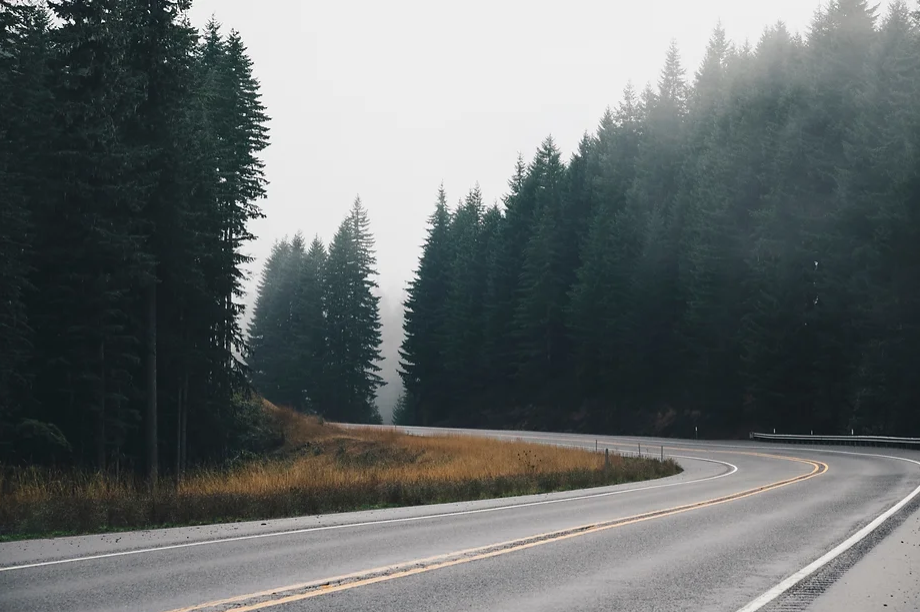
Climate Education
Most of my life has been spent in a classroom. Seven hours a day, five days a week, 40 weeks a year, I spend going to school and gaining the skills and knowledge needed to succeed in the world. Starting from elementary school, we learn how to read, write, and communicate with others. We take subjects ranging from arithmetics to geography and everything in between. School is the tool that enables young people to make sense of the world around them. Yet, a vital part of education is missing.
All around us, the world is constantly changing. News of devastating hurricanes, floods, and other natural disasters make headlines every day. We hear about increasing carbon emissions in the atmosphere, glaciers melting in Antarctica, and deforestation in the Amazon rainforest causing a loss of biodiversity. Climate change isn’t a problem only affecting a small, isolated country thousands of miles away. Each and every one of us is experiencing global warming and the catastrophic changes the higher temperatures bring. Forest fires constantly blaze across the Pacific Northwest, destroying homes and making the air unbreathable. Every summer, temperatures rise higher and the number of heat-related deaths rises with it. The far-reaching and irreversible effects of climate change are present in our own communities, and will only continue to worsen if we don’t act.
As a senior in high school, I can count on my fingers the number of times climate change has been brought up during classes. According to a survey conducted by NPR, “55% of teachers surveyed said they do not cover climate change in their own classrooms or even talk to their students about it”. And according to UNESCO, less than 40% were confident in teaching about it.
So why is climate education not mandatory in schools?
With climate education, youth can be exposed to the role humans play in causing climate change, how to adapt to the ever-changing world, and ways to take action in their communities. Climate education can give them hope for the future by providing them with the resources and knowledge they need to bring about change. Now is the time for young people to learn and take action. We are the generation that is affected most by climate change; it is our future that will cease to exist at the current rate of global warming. Armed with the correct knowledge and resources, we have the power to reform entire systems and institutions. We can transform the world for the better.
As you read this blog post, I implore you to think of all the ways you can start making a difference in your community. Advocate for climate education in schools, write to your legislators and organize protests. Do your own research about climate change and educate others.
Most importantly, remember that change starts with individuals; the world needs people who are willing to take action in order to protect it.
Visit Green for Gusto for more information!


